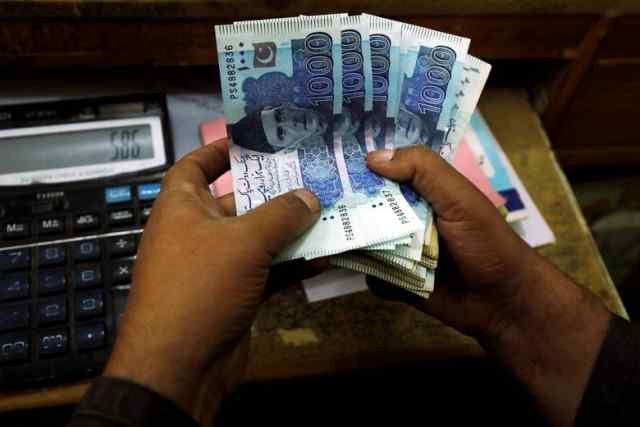Contents
ISLAMABAD: The 2023 State-Owned Enterprises (SOEs) Act, designed under International Monetary Fund (IMF) guidance to reform Pakistan’s struggling public sector companies, is now under scrutiny for alleged misuse by top executives. Instead of improving governance, the law appears to have been leveraged by some leaders to inflate their salaries and perks, draining billions from the national exchequer.
According to government insiders, the revelations follow a recent report exposing how a CEO of a typical SOE enriched himself by taking advantage of the legislation. This has triggered a wider investigation into how the Act may have been exploited across multiple state-owned entities.
Oversight Bodies Also Under Question
Sources suggest that even the regulatory authority meant to oversee SOEs may have been complicit, catering to the interests of senior executives rather than enforcing fiscal discipline. Authorities are now gathering information to trace the mechanisms used by these officials to benefit personally from a law intended to strengthen accountability and transparency.
Prime Minister Shehbaz Sharif has reportedly taken the matter seriously. He has set up a high-level committee to review financial management and governance practices across state enterprises, focusing on the unintended consequences of the 2023 legislation. The panel may also consider engaging with the IMF regarding the fallout from the reforms it had recommended.
Law Intended to Reform, But Results Questionable
The SOEs Act 2023 was enacted to reduce the fiscal burden of state enterprises, foster competition, enforce transparency, and subject these entities to independent audits in line with international best practices.
Yet insiders claim the law has instead become a tool for boards and top management to secure unprecedented financial privileges. Many SOEs continue to deliver subpar services, all while contributing to significant public financial losses.
A senior official noted, “These reforms were meant to serve public interest, but what’s happening is the opposite. Executives are enriching themselves, and ordinary citizens are paying the price.”
Pakistan’s SOE Landscape
Pakistan operates over 200 state-owned enterprises, spanning critical sectors including energy, insurance, aviation, banking, and transport. Many have historically struggled with inefficiency, corruption, and mismanagement, with fiscal losses estimated in the billions annually.
The government committee’s findings will be closely watched, as they are expected to shape future policies on tightening oversight, revisiting the SOEs Act 2023, and potentially renegotiating aspects of IMF-driven reforms that appear to have opened avenues for misuse.


